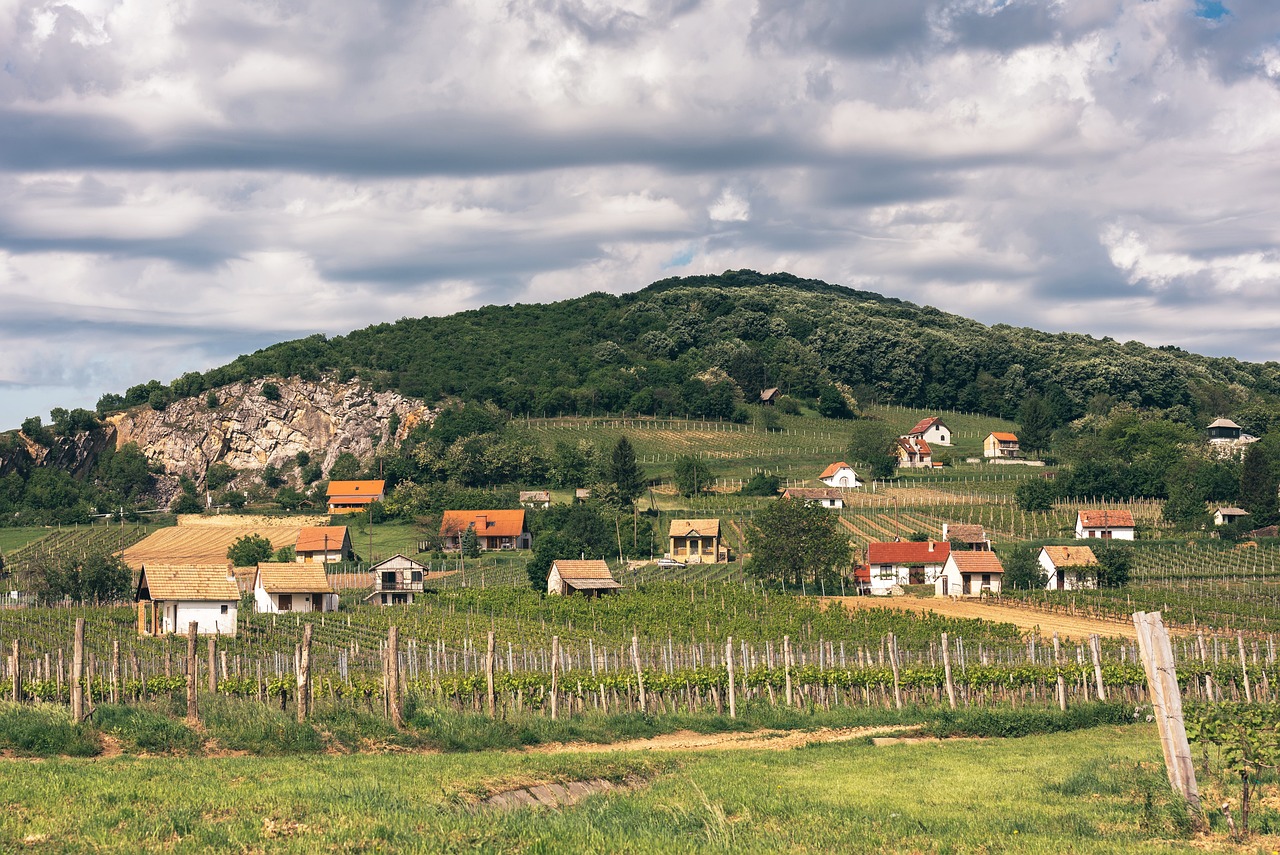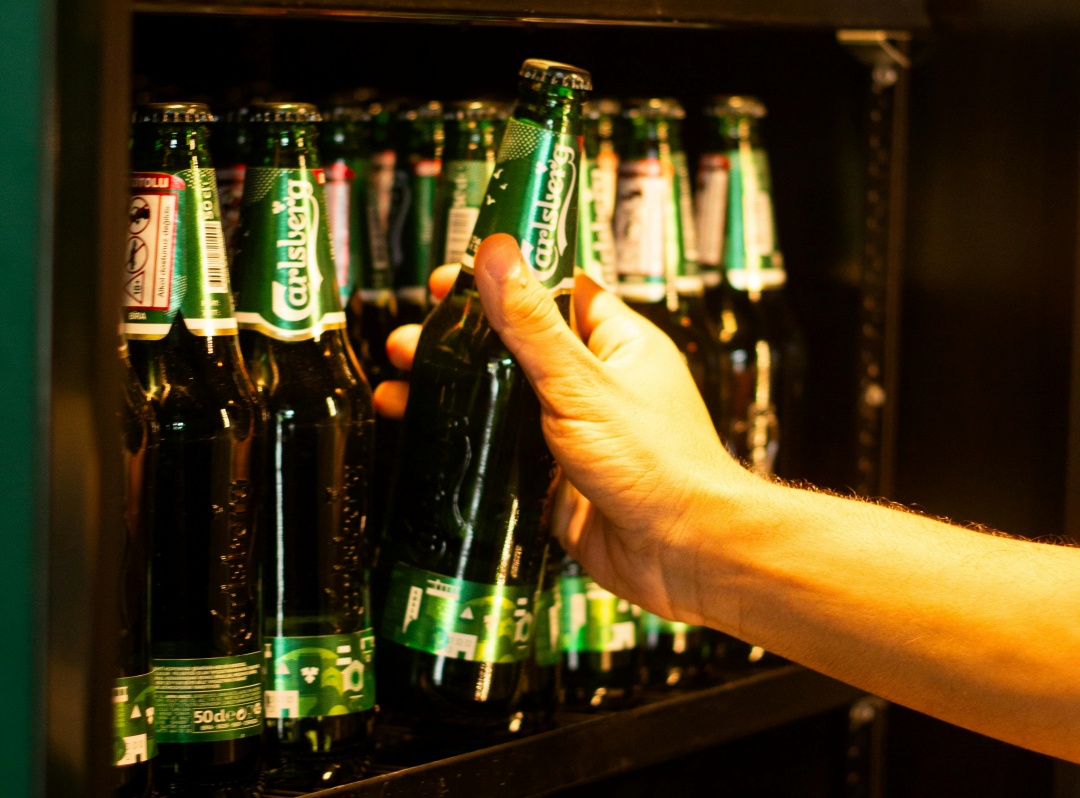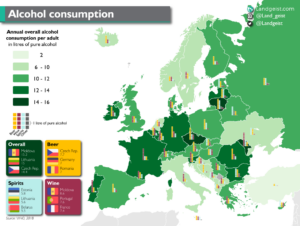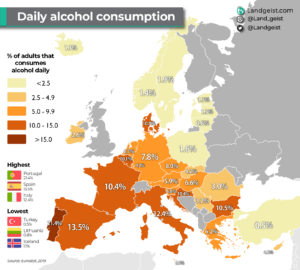
There is continuous cooperation between the towns of Villány, Harkány, and Siklós.Continue reading

According to recent results of international research by Heineken and the University of Oxford, efforts to promote responsible alcohol intake appear to be paying off. Consumers, especially young people, are starting to see non-alcoholic beverages in a different light when going out, reports Világgazdaság.
Young people are starting to make more conscious decisions as they focus on their personal values and interests rather than traditions and norms. Now every fifth consumer regularly chooses non-alcoholic beverages. According to a survey conducted with the participation of nearly 12,000 adults in five countries around the world (Japan, USA, UK, Spain, Brazil) 38% of respondents consume alcohol free beverages or drinks with low alcohol content.
Another sign of the transformation of preferences is that while global beer consumption shrank slightly in 2023, the turnover of non-alcoholic versions is growing significantly year by year. In Hungary, the five most significant beer producers sold 540 million liters of beer in 2023, their turnover falling by roughly 10%. This was even below the results of 2020, at the time of the coronavirus pandemic.

Photo: Landgeist
The “If you drink, I drink too” mentality, the peer pressure to drink in social gatherings is still strongly present today. Half of the respondents said that they had even chosen a non-alcoholic beverage, but felt pressured by society to drink an alcoholic beverage. The effect of social conformity is also indicated by the fact that
26% of the adults surveyed said they would drink less alcohol (or not drink at all) if their friends did the same.
Meanwhile according to recent research, the stigma against non-alcoholic beverage consumers seems to be dissolving, especially among younger generations. Among the surveyed countries, the acceptance of choosing non-alcoholic beverages is highest in the United Kingdom (63%) and lowest in Japan (41%). The highest acceptance was measured among women and members of Generation Y in all markets surveyed.
Social media has a great influence on the youth’s drinking habits. Nearly half (48%) of Gen Z agree that they prefer to follow people who advocate for a healthy lifestyle, even when it comes to drinking. The results generally indicate that
health awareness has emerged as one of the most important motivations for young people, which encourages them to choose non-alcoholic beverages.
The rise of the phenomenon called “dry November” also has a great influence, creating awareness while also making not drinking trendy.

Photo: Landgeist
The global turnover of alcohol-free alternatives is already worth $13 billion. It is predicted that by 2027, they will cover almost 4% of the alcoholic beverage market. Some of those who tried the “Dry January” challenge will move on, striving for eternal abstinence. Manufacturing companies have been given a lesson in how to carve out their own slice of the pie that is changing with consumer demands, says Index.
Via Világgazdaság, Index; Featured picture: Pexels